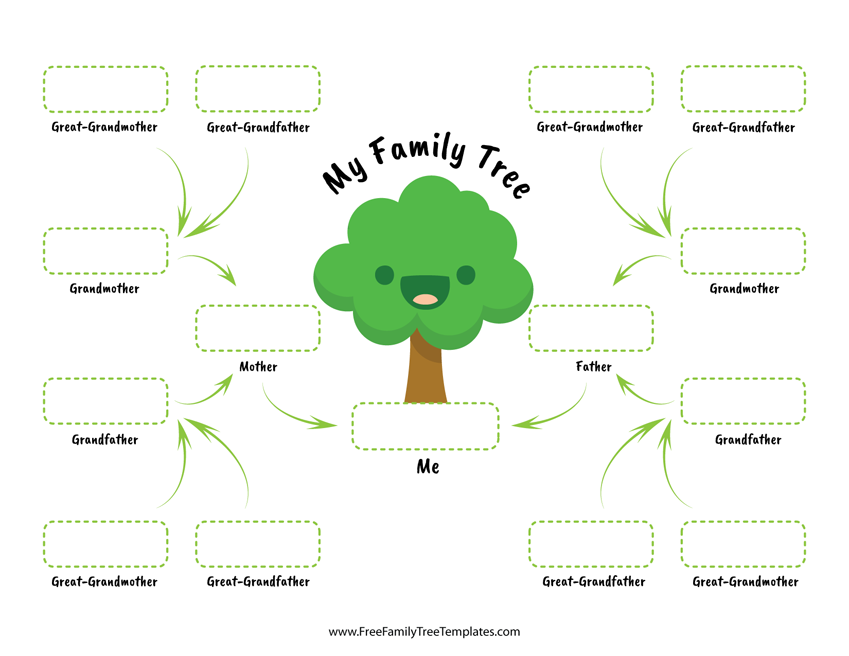

One thing that your real-life book probably will not contain is photographs of your ancestors that you’ve never seen before. Some genealogists even offer digital or e-book options! So, your real-life family history book might resemble a novel or coffee-table book, rather than a scrapbook like those on the program. Gates on the show would be written down, so that you could read the book yourself without needing an interpreter to explain things. In a real book from a genealogist, context like that provided by Mr. Gates to interpret the findings for the guest and audience by pointing to images and text and then talking about them. One important distinction between the Books of Life on Finding Your Roots and a book that you might get from a genealogist is that the books from the show are scrapbooks with relatively little context written down.

There are a couple of ways that your real-life book might differ from those the show, which I’ve outlined below, but on the whole, books are pretty fabulous. It may include images of records, text, a family tree chart, maps, and any number of other elements related to your family history (though some family history books contain very few images). In general, however, a family history book is a bound or digital book with sections devoted to your ancestors. Like I said earlier, family history books can vary widely from one genealogist to the next.
Search my family tree how to#
(If you’re interested in a research report, you can hop over to my guide about how to hire a professional genealogist.) What is a family history book? The conclusions wouldn’t exist without research, citations, and analysis, but those structural underpinnings aren’t emphasized the way that they are in a research report.įamily history books are most similar to the Books of Life featured on the show, so I’ll be talking about them here.

A family history book typically displays the conclusions about your family history, without overly emphasizing what went into reaching those conclusions. If you enjoy genealogical research or history yourself and you want to take a peek at how the pros do it, you might actually enjoy a research report as much as (or more than!) a book.Ī family history book is like the entire car. Some people get really excited about what goes on under the hood, but some people’s eyes glaze over a bit. A report is a little more nitty gritty than a book, sort of like how understanding the mechanics of an engine will help you understand what makes a car run. Without the research, citations, and analysis in the report, conclusions are not possible. One way of comparing research reports and family history books is to imagine a car:Ī research report is like the car’s engine. Family history books can vary widely from one genealogist to the next, but they may resemble chapter- or coffee-table books with sections devoted to your ancestors. If so, you’re in luck! Some genealogists also offer hardbound or digital family history books, which are probably what you’re after, if you’re reading this blog post. Research reports are great!īut maybe you’re thinking, “But I’m not here for a research report. A research report walks you through the documents found, what those documents say and mean, and the conclusions that the genealogist has drawn about your family. (We’ll cover how to hire a genealogist later in this blog post.)įor the most part, genealogists compile their findings on your family history into a research report. A professional genealogist is the person who will build your family tree using records you’re familiar with from the show, like censuses and vital records. The way to get a Finding Your Roots-style experience yourself is to hire a professional genealogist. himself, but you can get a similar work product from a qualified professional genealogist. So, to summarize, you probably can’t hire Henry Louis Gates Jr. Many other genealogists have not worked on Finding Your Roots, but are massively talented and can help you learn more about your family history, similar to the way guests do on the show. The good news is that several of the genealogists who have worked on Finding Your Roots, as well as other shows like Who Do You Think You Are?, are available for hire.

You can read more about genealogists’ specialties in my blog post on the subject. The research for the stories on Finding Your Roots is completed by a team of people, including several professional genealogists who specialize in different subject areas, such as genetic genealogy. To be clear, I don’t work for Finding Your Roots I’m just a professional genealogist who knows people who have worked on the show and I was present for the filming of an episode. hosts the program, but-as I understand it-he does not do the research into the guests’ family histories himself.


 0 kommentar(er)
0 kommentar(er)
